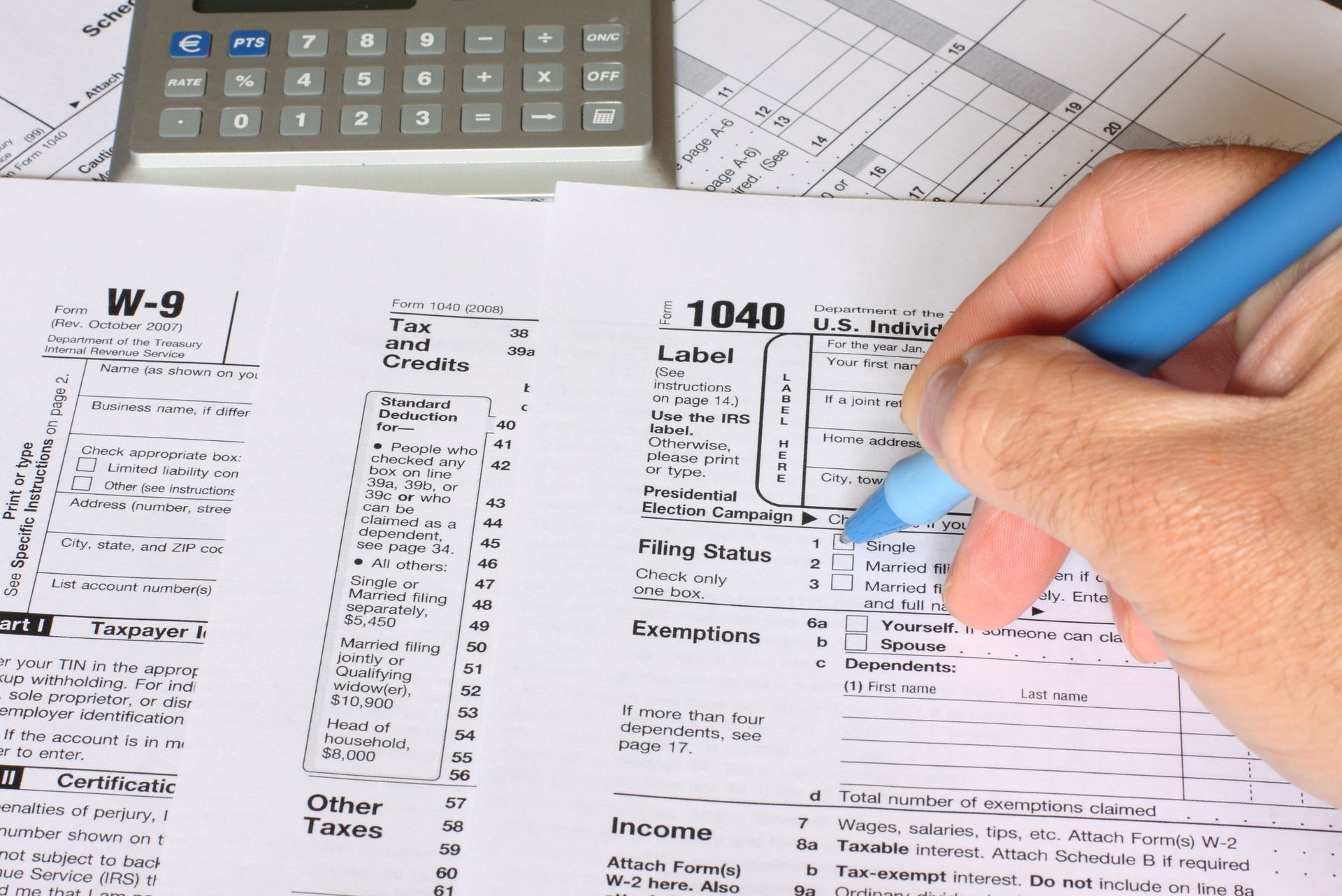CPAs and Fiduciary Services—Why This Title Matters

Most Americans rely on professionals to handle certain matters using skills and training that the ordinary person doesn't have. CPAs are one of these professionals to which many people turn for help.
To benefit fully from this financial help, though, you need to understand what you can expect from a CPA. In this case, this means understanding the role of a fiduciary. What is a fiduciary? Is your accountant one? And what does it mean for you? Here's what every client should know.
What Is a Fiduciary?
A fiduciary is a person who is charged with managing the property of another party. They have a fiduciary duty, which means that they are obliged to act in the best interests of the client whose property they manage rather than their own best interests.
How does this work in real life? If you hire an investment advisor to manage your portfolio, they are a fiduciary for you. They are expected to use their training and expertise to make the best investments with your money. If they would make more commission off of selling you a product that isn't in your best interests, they cannot put their own financial interests ahead of yours.
Is Your CPA a Fiduciary?
Many different professionals can be fiduciaries at varying times. Most accountants do not automatically have a fiduciary role, as they are not in control of your money. They offer advice and help you with tasks like tax preparation, but you remain in control of your property.
However, you may hire a CPA for certain work that does come with a fiduciary duty. For example, if they work as a trustee for a trust or an executor for an estate, they are in control of others' property and must act in the client's best interests.
There are also expectations within the codes of ethics for CPAs that are similar to those of a fiduciary. The Association of International Certified Professional Accountants notes that "the AICPA Professional Code of Conduct embodies standards of conduct which are closely analogous to a fiduciary relationship—objectivity, integrity, free of conflicts of interest and truthfulness."
Why Does This Matter?
This may seem like a matter of semantics, but it has big implications for the client. First, if a fiduciary relationship applies, it is a legal obligation. A trustee or executor must act in accord with their fiduciary duty or they can be sued, removed by a probate court, or even face criminal charges. This protects you, your heirs, and beneficiaries of accounts.
Second, it allows you to have confidence when your CPA advises you. No one wants to worry that their tax preparer is completing unnecessary forms in order to charge them more or that a supposed tax planning tool only serves to create a commission for their planner. Knowing that your CPA is prioritizing your interests gives peace of mind.
Finally, the fiduciary relationship generally means that you're more involved in the decisions made. For instance, if the accountant may earn a commission from some recommended product, they may need to disclose it. You can then make informed choices. Similarly, a truthful and objective CPA gives you all the relevant facts and lets you make decisions for yourself—rather than doing whatever they want.
Where Can You Learn More?
Want to know more about the fiduciary duty and how it may relate to your accounting services? Meet with Bliss & Tuttle CPAs to learn more. We'll help you by tailoring our services to meet your specific needs, whether that includes official fiduciary roles or ordinary services to help you reach all your financial goals. Call today to make an appointment.















